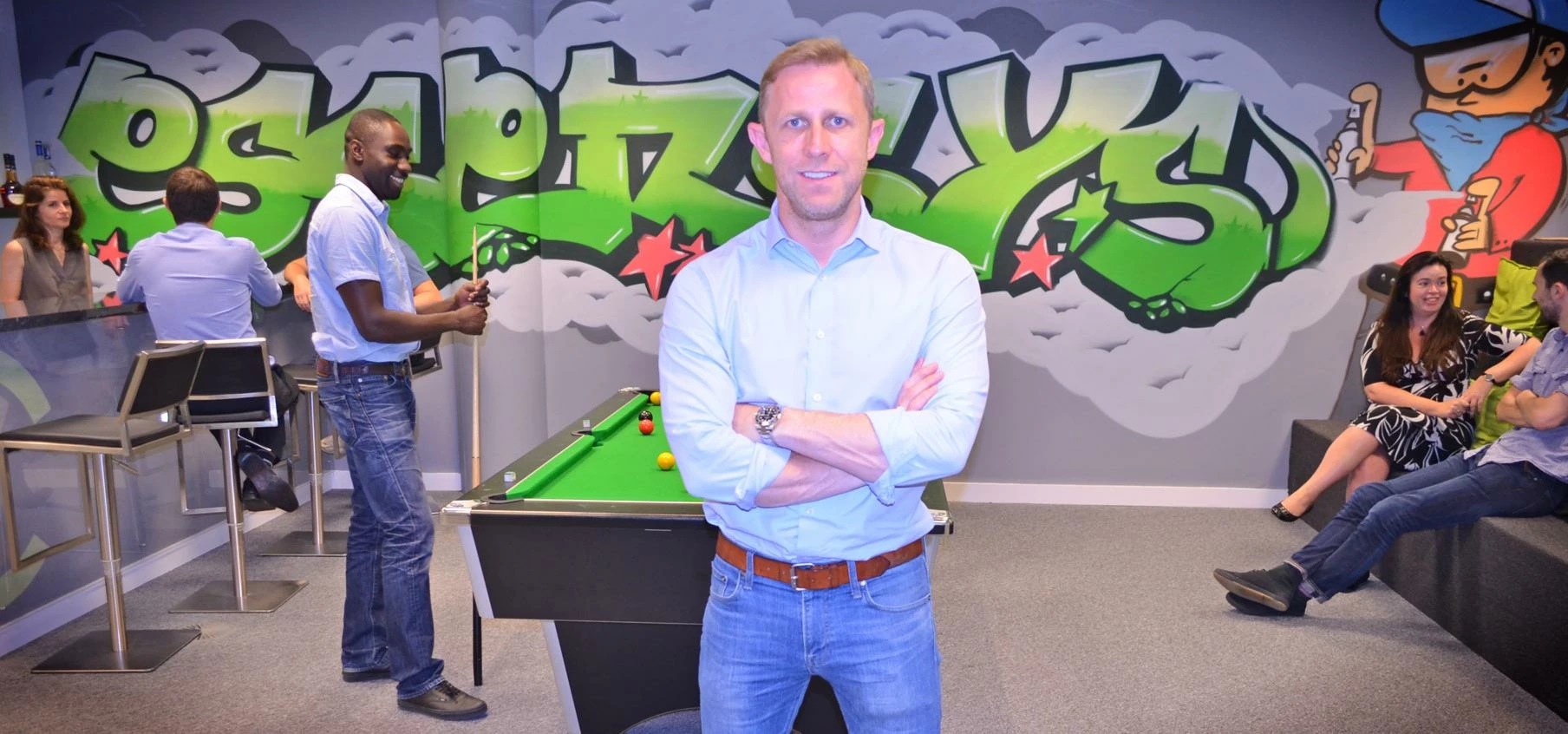
Partner Article
The social workplace for next generation employees
In their vision of tomorrow’s office, some futurists might be doing the younger generation a disservice. Millennials are more sociable than you might think. Quick to label them the digital natives that favour online communication tools and remote working options, there is a danger that we miss a key ingredient - people.
From our experience, younger workers are in fact, more collaborative in the way they work than previous generations. They value the contributions of their colleagues and aren’t afraid to pull in resources from outside of their usual business circles.
Granted, they will need tools that align with newer ways of working but they must be viewed and implemented in the wider context of enabling communities and collaboration in the real and virtual world. With Millennials predicted to make up 75% of the overall workforce by 2025, it’s vital that businesses create the right environment for better team working.
For a growing number of businesses, part of that move will involve embracing co-working spaces. It’s a segment in the commercial real estate market that is seeing large amounts of activity. And as a result, the paradigms of work are shifting.
Yes, the benefits include shorter contracts. When a company has ambitions to grow by multiples, a four or five year lease is a CapEx choke hold. Co-working spaces and multi-tenant office buildings give businesses a physical anchor that they can grow from – with fewer limits on how quickly they expand or punitive expenses for empty space whilst they grow.
But the mistake some make is to focus on this area alone as the main reason to consider this type of workplace. The fact is that workers are also pining for opportunities to network outside of the four walls of their existing premises. They want to rub shoulders with others who could be beneficial for their own business development. And it could be a chance meeting in a communal space that unlocks new opportunities.
So what does all this mean for those managing these flexible workspaces? In what is becoming a competitive market, it’s important to offer much more than short tenancy agreements. Millennials in particular value the facilities that help them to unlock new ways of working without the ball and chain their predecessors are used to. There should be the tools to unlock free-flowing communication not just within each company - but across the entire site.
Workspace managers and businesses opening up their office spaces should consider using platforms that enable that kind of approach. It might be a micro social network that enables each member to have a profile and a biography stating who they are and what they do. It might provide more meaningful ways to swap contact details than tired business cards. It could even be the central hub for information on the social programmes that are taking place more regularly in this type of office.
Having the right technology platform in place makes sure workspaces can facilitate the everyday tasks seamlessly, significantly enhance the user experience and boost productivity. Also, it can provide tools that can make flexible workspaces more profitable. For instance, the data collected by the platform can uncover trends and patterns in worker behaviour. You’ll be able to see who uses which spaces the most and target new services to them as a result. And with KPIs monitored through automation, it frees up admin time to better plan strategic efforts.
The workplaces and businesses that succeed in the long term will be those that understand and can adapt to the changing demands of workers. That will involve acknowledging the needs of all workers, particularly those who want to exploit new levels of community and creativity. It’s about how workspace operators can preen their facilities to craft a compelling offering for tenants. And as work becomes more social and collaborative than ever, and younger workers become more prevalent in the office, new tools and flexible spaces will boost productivity.
Mark Furness - Founder & CEO, essensys
This was posted in Bdaily's Members' News section by essensys .
Enjoy the read? Get Bdaily delivered.
Sign up to receive our popular morning National email for free.








 Navigating the messy middle of business growth
Navigating the messy middle of business growth
 We must make it easier to hire young people
We must make it easier to hire young people
 Why community-based care is key to NHS' future
Why community-based care is key to NHS' future
 Culture, confidence and creativity in the North East
Culture, confidence and creativity in the North East
 Putting in the groundwork to boost skills
Putting in the groundwork to boost skills
 £100,000 milestone drives forward STEM work
£100,000 milestone drives forward STEM work
 Restoring confidence for the economic road ahead
Restoring confidence for the economic road ahead
 Ready to scale? Buy-and-build offers opportunity
Ready to scale? Buy-and-build offers opportunity
 When will our regional economy grow?
When will our regional economy grow?
 Creating a thriving North East construction sector
Creating a thriving North East construction sector
 Why investors are still backing the North East
Why investors are still backing the North East
 Time to stop risking Britain’s family businesses
Time to stop risking Britain’s family businesses